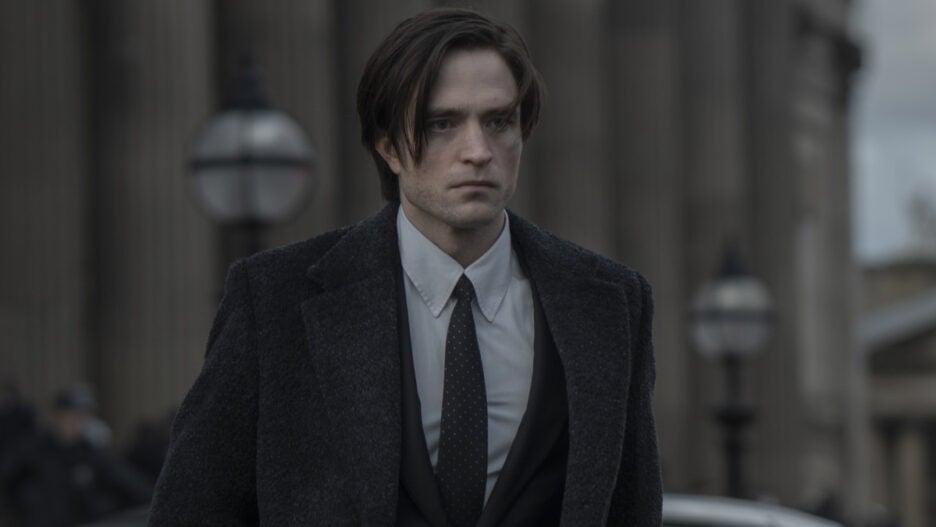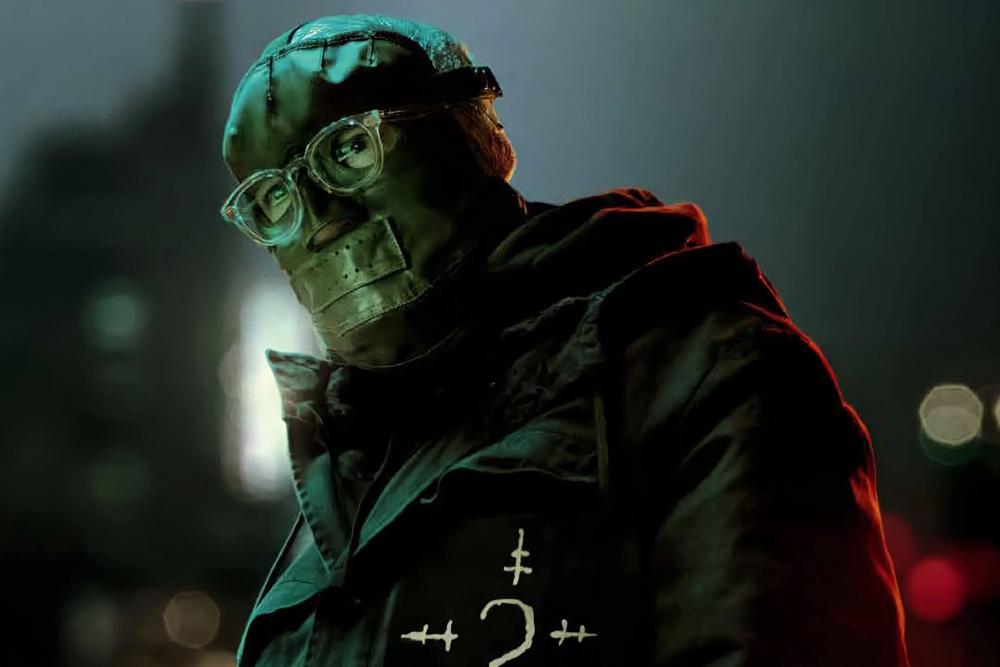I am a big superhero fan. I have been since I was young, due to my father loving all things sci-fi and comic book related and passing that onto me. Like most other people, Batman has always been my go-to. All forms of Batman are unique, with different directors, different men under the cowl, different villains, and varying messages and themes. Every Batman iteration is different even Batman from the same iteration but separate films are different from each other. I could go on for a while about the original live-action film with Adam West, or how Tim Burton’s Batman series was screwed up after he was dropped as director, or Christopher Nolan’s near-perfect trilogy that, while amazing, ignored a lot of what made Batman truly himself in place of better villainy and theming.

That is all to say that I was prepared for The Batman. I wasn’t expecting Matt Reeves’ first foray into the world of superheroes to be incredible, yet now I can say that The Batman is my favorite superhero movie. Everything from Robert Pattinson’s emotional and distant performance as the titular superhero, to Reeves’ use of lighting and color, to technical aspects like the cinematography, sound mixing, soundtrack, and camera work, are impeccable. In addition to this incredible artistry, the story is just so Batman, so raw in how it uses its core message and ties the themes back into it. It takes major steps in exploring the true depths of the Batman character, and expertly tells the core message of the Dark Knight movies in a more pure and subtle than in Nolan’s films.
The plot The Batman is very impressive on its own, yet there are a few things that really kick the film to the place it needs to be: the performances, the writing, and the soundtrack. All of these aspects tie into the emotionally dark themes that radiate through every second of the film. The performances are incredible. As previously mentioned, Pattinson brought it here, and he could have shown a little more emotion towards the end of the film, it is otherwise a pretty perfect performance. The character Penguin played by Colin Farrell is great, and Paul Dano’s Riddler is simultaneously bone-chilling and pathetic, but a real catch that no one is really pointing out is Zoë Kravitz as Catwoman. Most Catwoman characters are usually just written as characters in need of help who are immediately attracted to Batman, but Catwoman deserves a lot more than that. While this injustice it isn’t completely righted in The Batman, here Catwoman clearly shows that she can hold her own, and that she is willing to straddle the fence between good and bad in her own way. Zoë Kravitz embodies her role much more than any other character in the film.

The Batman‘s writing is subtle and strong. Reeves conveys his message of Batman learning his role in Gotham and his worth as a hero, and his journey to realizing that he can’t just be a symbol of fear, but a beacon of hope as well. The Dark Knight trilogy throws the symbol complex in the audience’s face, throughout all three movies. The Batman doesn’t blatantly tell its audience about Batman’s character development, but the film instead shows this through Batman’s actions, the criminals’ fear, and the citizen’s evolving reactions to the events portrayed. It feels like a natural Batman story to learn of corruption, have his role tested, his ideals shaken, and end up realizing his true place in all of it. While every character is pretty well-rounded in The Batman, we finally have a story solely focused on the character of Batman, not Gotham, not the Joker. Not symbols, but Batman—how Bruce weighs his decisions, how he deals with anger, how he finds himself in the Batman, and how he rationalizes his actual use to his city.
This writing is also given a great message through the Riddler, a villain who is portrayed as an extremist. While his ideas about corruption within Gotham are certainly justified, not all of his ideas are bound to the entire truth. The Riddler’s use of the information that he does have allows him to indoctrinate people to his cause, which spirals out of control. The Riddler’s ideas morph from an over-exaggerated way of getting ‘justice’ into wanting to kill off any chance Gotham has for change. If we look at the Riddler in a real-world sense, we see his followers as extremists. Whether the figurehead of their ideas are fully true or not true at all, the people are willing to brand his mark, to go out and kill for the Riddler and are extremists for the cause. I appreciate this view of the villain. It takes someone as crazy as the Riddler and puts a topical spin on the character. Whereas someone like the Joker is evil for evil’s sake and can inspire crime and anarchy, a villain like the Riddler can inspire extremist terrorist actions. Because we live in a world where certain political associations and figures are able to get people to storm Capitol buildings, not only is the Riddler not too dark for his comic book origin, but he is actually too real—we could see a character like this in the news tomorrow. This is what is so great about the film’s writing: while it focuses on Batman like never before, it also gives us the most topical grounded villain we have had in any superhero movie for a long time.

Throughout all of the Batman movies, music is very important because it sets the mood for the character. The original Burton score has a heightened sense to it that feels like a comic book movie, while Nolan’s Batman films have a score that shows the hugeness of the tasks Batman undertakes, which makes the films look and sound like an epic. This Batman soundtrack keeps you in the moment. It is low and brooding, it builds and deepens, and it is made specifically to increase the fear that surrounds the atmosphere of the character. While the other movies have scores to define their films, this score is used to define its characters, and in an even more particular sense, it is used to define the Batman. The use of certain songs in key parts of the film, some of which follow certain characters, alongside the score by Michael Giacchino, gives The Batman a great chance of receiving nominations for sound and score at the 2023 Oscars.

The Batman is currently my favorite superhero movie, and it springs hope for a different approach to DC movies. While a conjoined universe is an interesting route to take, the DCEU shows that while what the MCU does with its movies works well, it doesn’t work well for all comic movies. DC characters have more depth, they have more villains per hero, and their cities are usually as widespread and deeply rooted as any one universe that Marvel has. I have said this for years and will repeat it forever: DC comic heroes have greater potential than Marvel to create deeply thought-out films with beautiful visuals and outstanding performances that both ring in high box office numbers and high critical review. All DC has to do to achieve this is to follow what Matt Reeves does with The Batman.
5/5 STARS
